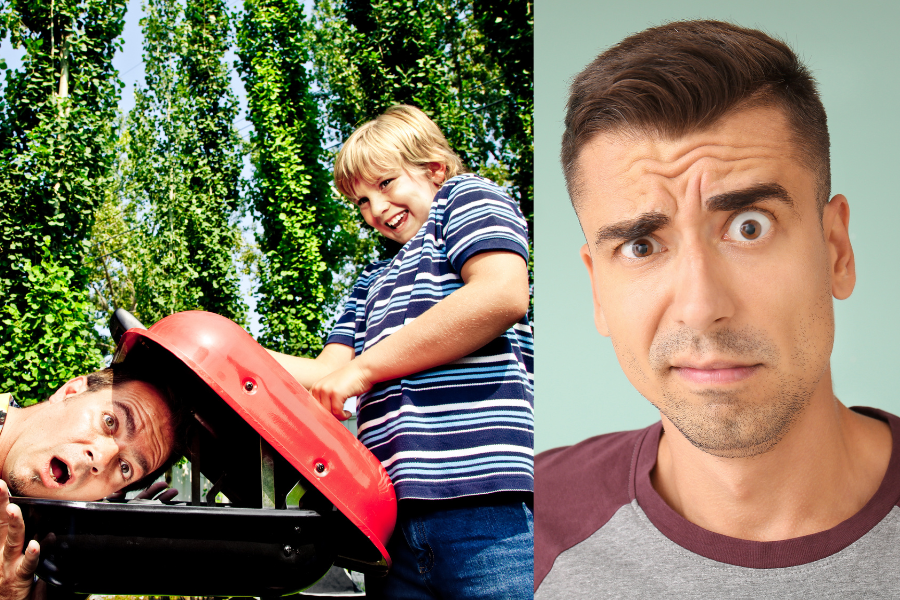People don’t have children for lots of reasons, whether it’s financial, medical, environmental, or even just (gasp!) not being all that good with kids. But a lot of folks can’t comprehend being childless, and sometimes they respond with mockery instead of curiosity or compassion.
One Millennial shared such an insult they read online, and the responses ranged from encouragement to one-liners to the digital equivalent of a middle finger.
“To my fellow childless millennials in their late 30s and early 40s, we’re apparently ‘losers’ now because we don’t have kids,” someone wrote in a thread on the /Millennial subreddit. “Lol. That’s according to someone on here who said this earlier today but has since deleted their post. I thought I’d let you know we’re now losers, according to them.” (While the OP’s initial prompt has since been removed, the thread itself still stands.)
The top response focused on being able to brush aside criticism in middle age and beyond. “Do you know what the best part of getting older is?” one Redditor wrote. “Not giving a shit about what anyone thinks, ESPECIALLY anyone on Reddit lol.” Someone replied that reaching decade four changed their perspective: “Absolutely the best thing that happened to me or any of my friends was turning 40. 39 and 364 days old? Anxious about some stuff. 40, woke up and had the old person mind—I’ll do what I want and anyone who doesn’t like it can totally piss off.”
Some words of wisdom also arrived from a parent of four kids, who “wouldn’t have it any other way” but also realizes why someone would take a different path. “[I]t is incredibly hard, and I sometimes feel like I’m sacrificing everything so that they can have what I never had,” they wrote. “I’m at peace with that, though. But some people are very bitter about it. Enjoy your freedom. We all make our own life choices. Or sometimes we don’t. But that’s life also. Each has its merits.”
Other parents responded with tongue-in-cheek jealously, highlighting the idea that not everyone feels 100 percent confident in their decision. “36M with 4 kids here,” someone wrote. “Such losers you are, with your disposable income and freedom of time. Hahaha haha. Send help pls.” (Also, about that extra money: “Wait, there’s supposed to be disposable income without kids?” reads one reply. “Shit…I must have had shit rolls this campaign.”)
Lots of other childless Millennials chimed in: several people who are content with being cat guardians, someone who can’t have children due to cancer treatment, another who feels satisfied with having “plenty of nieces and nephews.”
In findings from a survey presented in July 2024, the Pew Research Center reported that the “share of U.S. adults younger than 50 without children who say they are unlikely to ever have kids rose 10 percentage points between 2018 and 2023 (from 37% to 47%).” Those in the below-50 group cited a variety of reasons for not wanting kids, including, “They don’t really like children” (20%), “concerns about the environment, including climate change” (26%), “they can’t afford to raise a child” (36%), “concerns about the state of the world, other than the environment” (38%), “they want to focus on other things, such as their career or interests” (44%), and, simply, “they just don’t want to have children” (57%).
The money concern is notable, given the expense of starting a family. As CBS News reports, citing a LendingTree survey, the average cost of raising a child from birth to age 18 is $237,482. And whatever the reason, a lot more Americans appear to be abstaining from having kids: The pace recently hit a record low—down 2 percent from 2022 to 2023—according to birth certificate data analyzed by the Centers for Disease Control and Prevention.


















